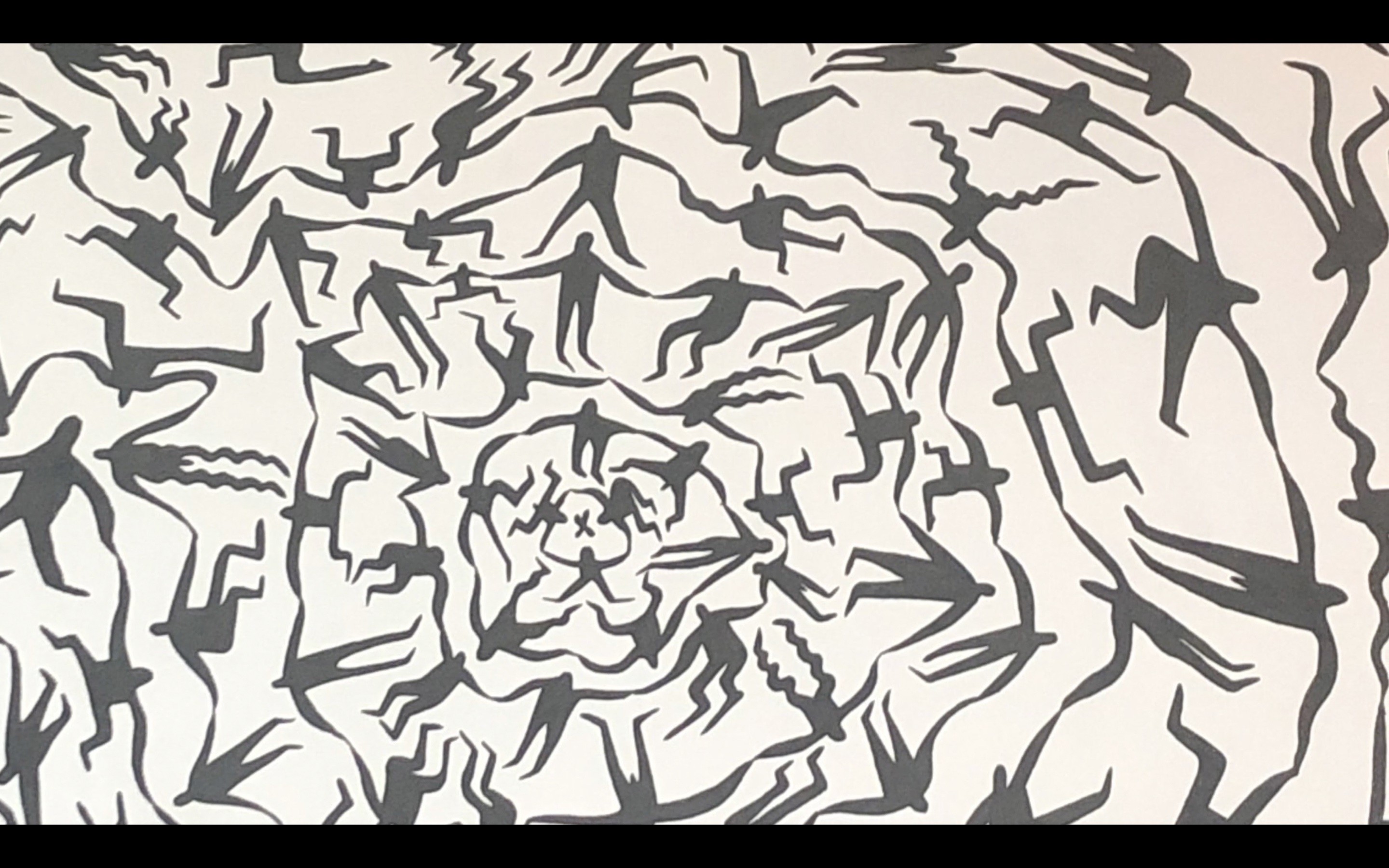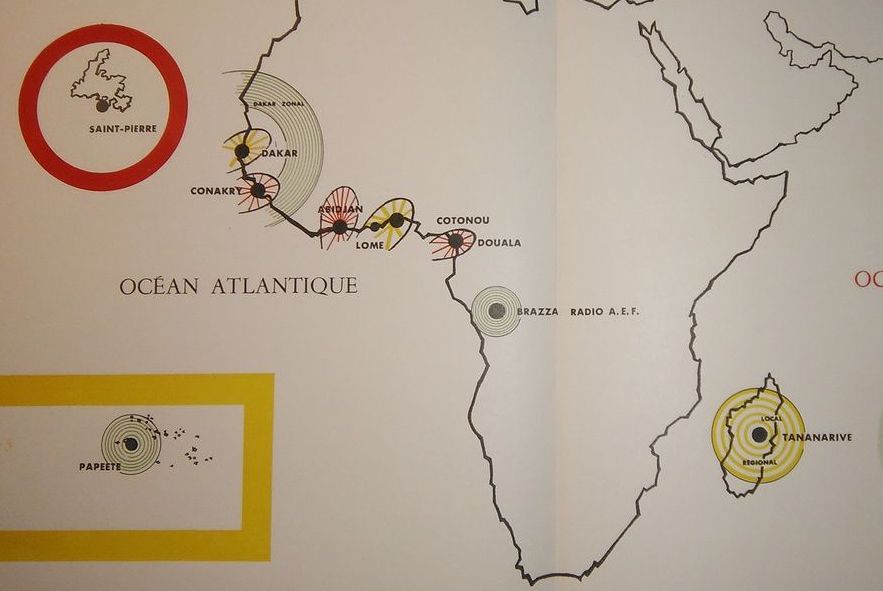Over 6000 Koreans were slaughtered by the Japanese state and vigilantes following the Great Kanto Earthquake of 1923. Yet, historiography of the Kanto Massacre often reduces it to an inexplicable historical aberration, or, in more sympathetic accounts, an act of state-sponsored murder. While the latter is undoubtedly accurate, Sunik Kim demonstrates that the massacre only becomes fully comprehensible from a political-economic perspective: that of the Korean worker as relative surplus population, and the Japanese colonial police as direct agent of capitalist production itself.
Anna Kornbluh's 'Immediacy' (Verso, 2024) locates a novel style in capitalism's crisis of accumulation. The 'immediate' is expressed in performance art, celebrity coffee table books, autotheory and the “colonoscopy cinematography” of contemporary film. Gabriel Meier addresses the critique of political economy that underlies Kornbluh's periodization and plies the mediacy of immediacy.
Bellona Magazine launched in 2020 with the aim of publishing long-form writing that challenges “creative” forms of mass consumption and the instrumentalized social relations that predominate in the culture industries today. We have since published two issues–on the subjects of Autonomy and Empire–and had aimed to publish a third on Surplus earlier this year. Unfortunately, life has since got in the way and the singular issue model has become untenable within our editorial collective’s time and capacity constraints. In response, we have sought out a new publishing model that retains the rigor and thematic qualities of our first two issues and allows both our editorial collective and writers to work more fluidly throughout the year. With that in mind, we are launching a number of ‘Streams’–verticals developed from the aesthetic, historical and theoretical subjects touched on in the magazine thus far–that will publish year-round and will allow for conversations to transpire both within and across each respective section. The five streams we are launching today include: Surplus, Ecology, Music’s Political Economy, Histories of the Left and Contemporary Aesthetics.
In practical terms, the ‘Streams’ model means we will be accepting submissions year-round including submissions for new ‘Streams’ and thematic, conversational and contemporary critical entries. It also means that subscribers to our Patreon will no longer receive whole issues of the magazine in PDF form. While we still hold dear to the whole magazine template, the level of resources and time necessary to produce the digital issues has not been met by a sizable readership, while our online publishing arm has received, and continues to receive, engagement from a broad swathe of readers. We hope that both new and old subscribers continue to read and support our independent publishing collective as we move into this new configuration.
Imagining Expanse: Crisis, Surplus, and Liberatory Futures in “You Ought to be Ashamed/Expanse” by Cécile McLorin Salvant
You'll be sorry, you just wait and see
Just you wait and see
Wouldn't treat a dog the way you treatin' me
way you’re treatin' me
Chloe Murr
The sonorous voice of the singer and visual artist Cécile McLorin Salvant mourns a future landscape in social, political, and economic crisis. Just you wait and see. As white line drawings flash against a black void, contracting, stretching, and erupting into abstracted clouds, Salvant’s voice prophesies destruction, neglect, and (social)death, a future shaped by the prison industrial complex. “You Ought to be Ashamed/Expanse,” a music video created and performed by Salvant, audiovisually considers freedom as a place, presenting the vastness of imaginary space as cultivating the conditions of possibility for abolitionist futures. The anguished cover of a blues song, with original music and lyrics by Porter Grainger, juxtaposed with Salvant’s own song, illustrates the creative and cross-disciplinary practice that abolitionist and scholar Ruth Wilson Gilmore argues is necessary to identify and promote multiple routes out of crisis.[1]
Author François Ribac, translation by Jean-Hugues Kabuiku
Notes of translation :
This piece by François Ribac, sociologist and composer[1], was originally published in the french critical revue Audimat, it was inspired from heated discussion around the ecological question in culture and especially dance music after a talk I was moderating and curating last year called “Écologies sonores : Vinyle, streaming et culture matérielle de la musique” during les Nuits Sonores Festival in Lyon, France for Bellona Magazine. Alongside Guillaume Huguet, editor in chief of Audimat, we were wondering if a materialist ecology in culture would be possible as so far all we have come across is petty bourgeois guilt and managerial ecology stuck on a surface level comprehension of what is at stake.
The notion of surplus is central to theorizations of contemporary social, economic, geographic, cultural and sonic phenomena, touching upon maximalism and excess, queerness and alterity, creativity and deficit. Espoused by both boosters and critics of the capitalist mode of production – the former evoking the ‘cognitive’ surpluses produced by capitalist innovation, the latter articulating its principal role in both secular and epochal crisis – surplus is a lens through which the excesses of our present moment are made apprehensible.
At the scale of everyday life, we experience surplus through quantification. How much time do I have to see friends or family after work? To produce art? To think and rest? How does a commute, with its simultaneous surfeit and deficit of experience, modulate my relationship to place and the people around me? Too often then, surplus in its negative form – overtime, debt, exhaustion, illness and disability – is the axis through which we live.
Surplus also forms the basis of macro-level economic phenomena under the capitalist mode of production. At our present moment, a ‘slack’ labor market has been posited by neoclassical economists as both cause and effect of inflation. Far from a novel occurrence, Marx noted that a relative surplus working population, or an ‘industrial reserve army’, is both an inevitable product and condition of capitalist production: there are always ‘too few’ and ‘too many’ workers depending on the rapidly shifting requirements of capital's self-valorization.
Other strands of Marxist thought pose surpluses of accumulation, productive capacity or commodities as central to the many cyclical forms of crisis we find ourselves mired in today. Such theorizations of the so-called ‘long downturn’, wherein the economies of the Global North find themselves facing conditions of terminal stagnation since the early 1970s, have also taken a greater interest in the rise of surplus populations, groups relegated to the margins of capitalist circuits of production and circulation. In so doing, they rehearse theorizations of automation and lumpenization produced from within the Black Radical Tradition at the middle of the 20th century, as most famously articulated in the work of Ruth Wilson Gilmore, Grace Lee Boggs, James Boggs and the Black Panther Party.
From the specific vantage of dance and electronic musics, surplus takes on further contradictory resonances. It is associated with speed, rising beats-per-minute and the associated chemical and financial overheating of the dancefloor, as well the confrontational qualities of extreme musics (metal, noise, gabber). At the same time, it is a framework through which to understand the rhythmic dynamics, slippages and vernacular forms of non- and anti-Western forms of dance and experimental music, and of the temporalities and sonics of queerness, understood in its guise as an antinormative excess or maximalism.
In this issue, we invite submissions that respond to these and other valences of surplus. What are the aesthetic functions of surplus in contemporary music, both over and underground? Can we understand various turns to excess (hyperpop, digicore, the recurrence of trance) as being related to economic and social surpluses? What forms of cultural production emanate from zones in which those deemed surplus are held and how might this production reflect back on these zones? Finally, if surplus both constitutes and throws into crisis hegemonic aesthetic and political economic orders, how can we imagine its reappropriation in a post-capitalist future?
If you are interested in submitting to the Surplus issue, please reach out with a 3-4 sentence pitch to bellonamagazine@gmail.com. The deadline for submissions is November 1. Further details on submissions to Bellona Magazine can be found here. (NOTE: We have extended the submission deadline to January 20.)
With the recent buy out of Bandcamp as a starting point, finance’s increased presence in the culture industries is analyzed as both a novel phenomenon and an intensification of logics internal to the music commodity. Catalog rights speculation, derivative trading and uneven development in the world-system are all posed as products of finance’s mediating influence. But what does the frontierization of culture entail for independent music?
In an essay that interweaves family history with critical theory, Algerian and Indian anti-colonial revolution is analyzed through the lens of Frantz Fanon, the master-slave dialectic and the correspondences between violence, noise and listening. The radio, herein, is both technology of control and vessel for overcoming colonial alienation and domination.
French colonial administration and Pierre Schaeffer’s musique concréte offer a means to untangle the contemporary relationship between sonic autonomy, cultural difference and, on the other hand, syncretism. Towards this end, ethnographic and commercial histories of French colonialism are brought forward into the contemporary corpus of electronic music.
With a practice that is embedded in the cosmologies, political histories and geographies of the Andes – and Aymaran thought in particular – Elysia Crampton enjoins us to consider futures outside the stultifying, death-dealing worlds of coloniality, sounding a music and a sociality that seeks to move beyond the individual towards a form of collectivity that is always in process, a challenge that gets to the heart of Empire’s systemic logics.
Bellona Magazine is a biannual journal and publishing collective.
We are a group of artists, culture workers and writers who seek a new paradigm for critical expression. Against the “creative” forms of mass consumption and instrumentalized social relations that predominate in the culture industries today, Bellona is our attempt to resituate criticism as a site of contemplation and contestation. Our primary object of critique is music, specifically its circumscription in the commodity-form, but our interests also range to film, literature and the visual arts, all undergirded by a broad political economic critique. At this conjuncture, it is difficult to imagine a music or a criticism unbound from contemporary exploitation, extraction and subsumption, but Bellona Magazine aims to collectivize the tools currently at hand so as to build towards that future.







